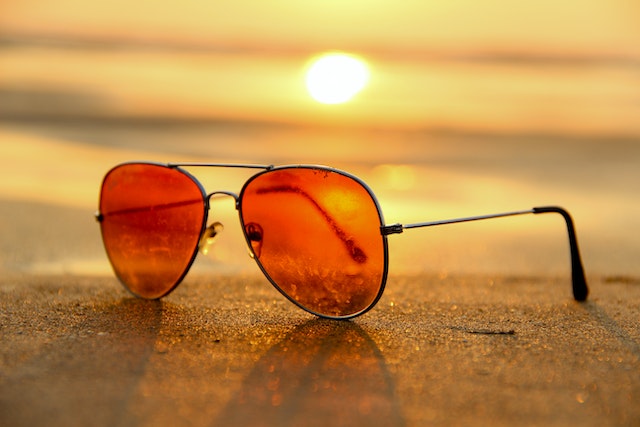Sunglasses protect your eyes from harmful UV rays. They are both fashionable and highly functional. You can find so many types of sunglasses on the market but it is best if you can get the recommendation of an optometrist when making the final decision. This will ensure the glasses you choose also provide optimal eye protection in addition to giving you a fashionable accessory.
An optometrist
Can conduct a comprehensive eye examination so that they can assess the overall health of your eyes. They will assess your visual acuity to understand this. In this examination, they will be able to find out whether there are any vision concerns or underlying conditions that have to be considered when selecting sunglasses Morningside. If you have any vision related condition such as near-sightedness, the optometrist will recommend sunglasses that come with prescription lenses. This ensures that you have comfortable vision when wearing these. UV protection is also an important aspect of wearing sunglasses. The UV protection provided by all sunglasses is not equal. You can rely on the expertise of an optician in choosing the right lenses so that you get optimal UV protection. There are many coatings and lenses that you can choose from but with the advice of your optician, you can choose a sunglass that can block UVA and UVB rays fully.

By choosing the right sunglasses that can fully block UV radiation, you can reduce your risks of developing certain eye conditions such as cataracts and macular degeneration. An optometrist will also recommend lenses with polarisation as these can reduce glare improving your visual acuity. These can be very useful when you are driving or even walking around when the outdoors is very bright. There are also different lens materials and tints. An optometrist can help you choose what is best for your visual requirements and lifestyle. Some of the lens materials you will come across are polycarbonate, glass and high index plastics. There are many differences among them such as thickness, durability, impact resistance etc. They will provide you with pros and cons for each material so that you can choose what is best for your requirements.

You can also learn which lens types will optimise your vision under different lighting conditions.
For example, brown tints can improve depth perception while grey tints can reduce the brightness without causing distortion to the colours. If your vision has to be corrected, prescription sunglasses can be provided by an optometrist after a comprehensive eye examination. You will not need to wear contact lenses when you have prescription sunglasses. There are also certain activities where you will need to wear specialised sunglasses. For example if you are driving or engaging in a sport, an optometrist can recommend sunglasses that come with additional features such as wraparound designs polarisation and impact resistance. They will provide guidance on choosing the right sunglasses for your specific requirement. And as optometrists are updated with the latest developments in the field of eye care they can also advise you on how UV rays affect your eye health and how you can benefit from wearing high quality sunglasses.

Recent Comments